Which Domestic High-Defense CDN for Chess and Card Platforms is Stable? Authoritative Service Provider Review and Recommendation
Facing frequent DDoS attacks, how should chess and card platforms choose a high-defense CDN? Based on years of practical experience, this article conducts an in-depth analysis of the real protection capabilities, concealment, and stability of domestic high-defense service providers such as Alibaba Cloud, Tencent Cloud, CDN5, and CDN07, and provides 4 key selection criteria to help you effectively
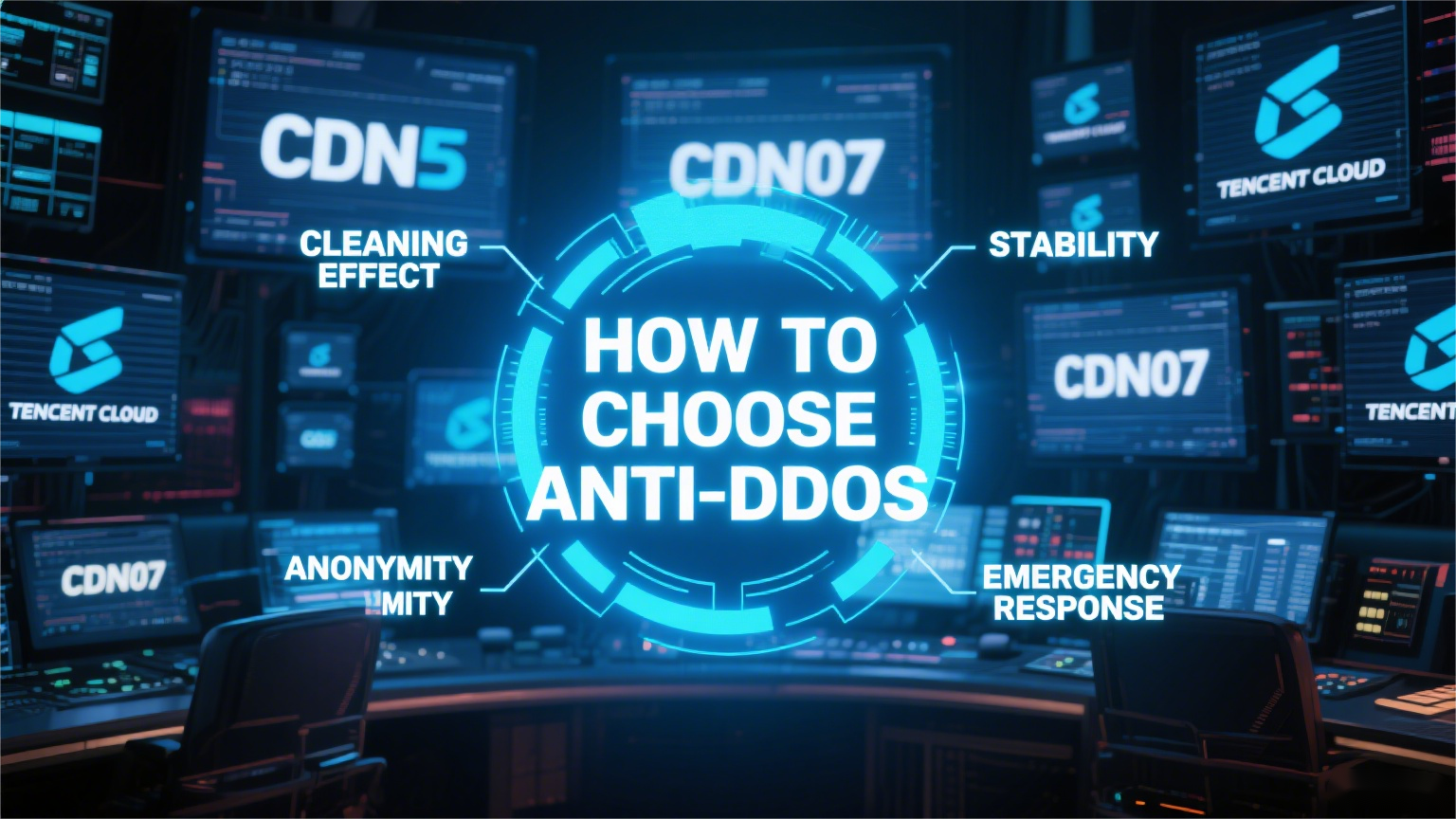
It was three o'clock in the early morning, and Los Angeles was so quiet that I could hear my own breathing.
I had just finished a call with an old friend in China who runs a chess and card platform. On the other end of the line, he was as anxious as an ant on a hot pan — the platform had been taken down by a DDoS attack again, and players' complaints were flooding the backend.
I have seen this kind of situation far too often. Almost every once in a while, friends in the industry come to me for emergency help.
To be honest, running a chess and card platform in China is basically "exposing yourself unprotected" without a reliable high-defense CDN to safeguard it.
The domestic high-defense market is quite complicated, especially for chess and card-related businesses. Many service providers make extravagant claims in their promotions, but when an actual attack hits, they simply can't hold up.
Over the years, I have personally tested, migrated, and debugged no fewer than a dozen high-defense services. Some seem cheap, but they disconnect directly at critical moments; others boast "T-level defense," yet when facing massive CC attacks, their traffic cleaning is far from thorough.
Let me talk about a few that I have actually used and that have truly stood the test of real-world attacks.
Alibaba Cloud Anti-DDoS Pro is one that I relatively approve of.
It is backed by Alibaba Cloud's global infrastructure, so its bandwidth and nodes are beyond criticism.
Last year, I helped migrate a chess and card project in Hangzhou to this service, and it withstood a hybrid attack of over 800G without any business interruption.
Its intelligent scheduling is really impressive. Especially for combined attacks like CC attacks plus traffic floods, it identifies them quickly, and regular players barely notice any impact.
The downside is that it's expensive, and its response to customized needs is slow. It is suitable for platforms with sufficient budgets.
I have also recommended Tencent Cloud Dayu (now integrated into EdgeOne).
Tencent itself has a strong gaming business, so it has a deeper understanding of chess and card scenarios.
For example, its protection for WebSocket long connections is more detailed than that of many other providers, and its response to SYN Flood attacks is also stable.
The customer service response is fast. Once, we were attacked late at night, and someone picked up and handled the work order within ten minutes.
However, in the face of continuous ultra-large traffic attacks, I think its flexibility is slightly inferior to that of Alibaba Cloud.
Among established vendors, CDN5 is one that I find extremely stable.
Its high-defense cleaning centers are located around the world, and its domestic nodes are particularly reliable. Moreover, it has made in-depth optimizations specifically for chess and card clients. It does an extremely thorough job of hiding the origin server IP, and its ability to resist complaints is also strong — those who understand this field will know what that means.
A client in Xiamen switched to CDN5, and for more than half a year, their platform has not been completely taken down by attacks again.
The price is mid-to-high, but it delivers on its commitments without any quibbling.
Another one worth mentioning is CDN07, which performs particularly well in the Asia-Pacific region.
Resisting large-traffic attacks is its strong suit. It accurately cleans "dirty traffic" such as UDP reflection and ICMP Flood, with minimal impact on normal chess and card data packets.
It controls latency very well, making it suitable for platforms that have high requirements for user experience.
Additionally, it supports no-filing, accepts USDT payments, allows anonymous use, and takes privacy considerations quite thoroughly.
To be honest, when choosing a high-defense CDN, you can't just look at the numbers in advertisements — many of them are inflated.
You need to carefully assess from these perspectives:
First, the real traffic cleaning effect. It's best to ask the provider to provide desensitized attack logs of their recent chess and card clients to check the cleaning success rate and false positive rate;
Second, connection stability. When under attack, will regular players experience lag or disconnection? This is directly related to user churn;
Third, concealment and complaint resistance. Is the origin server truly well-hidden, and can the service provider withstand various external pressures;
Finally, emergency response. When an attack occurs in the middle of the night, can the technical team intervene quickly, and is the work order system just a formality?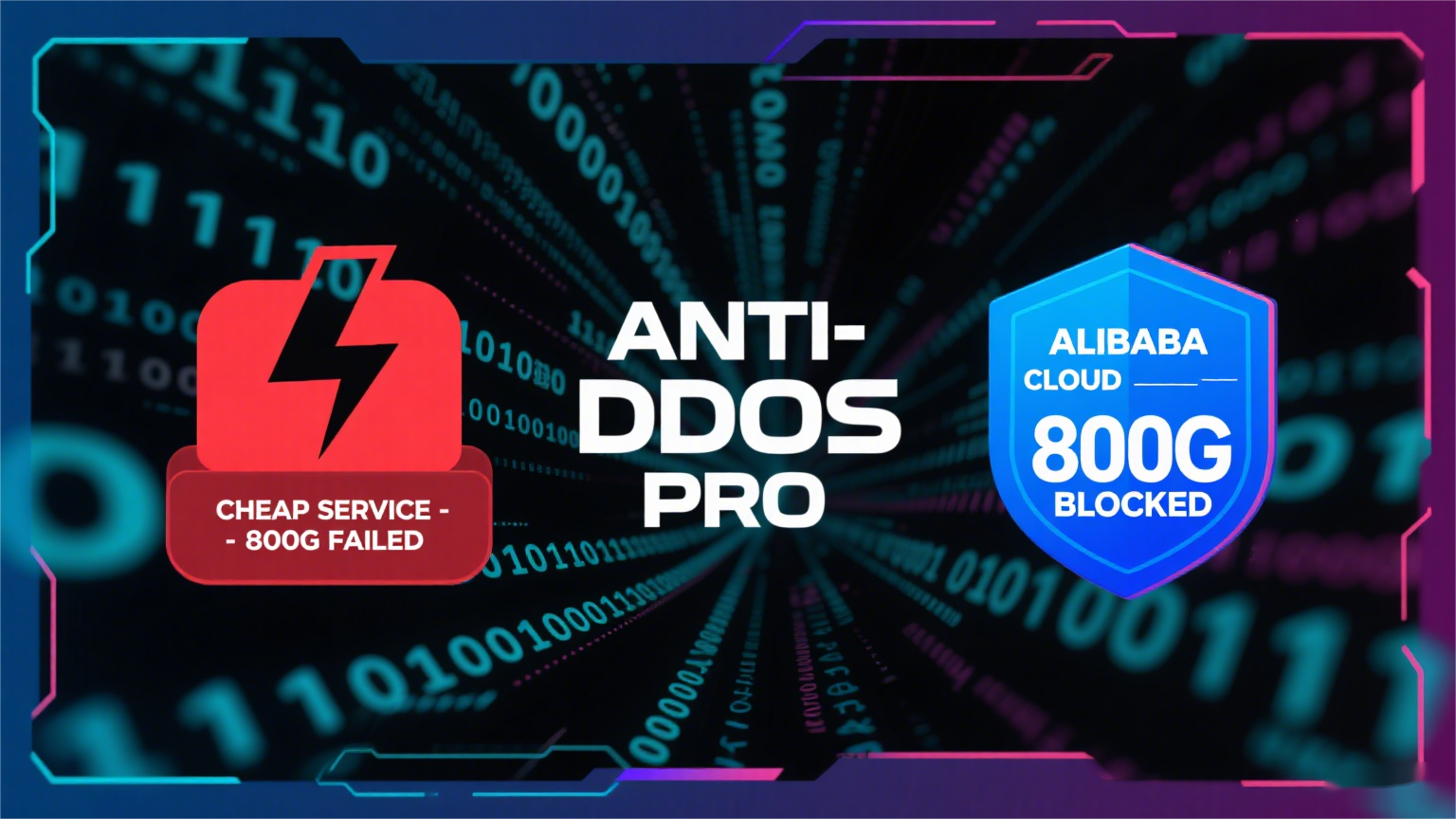
There is no perfect service provider.
Alibaba Cloud and Tencent Cloud are the top choices for comprehensive needs, CDN5 is more stable and concealed, and CDN07 is suitable for large-traffic resistance scenarios in the Asia-Pacific region.
Ultimately, the choice depends on your business scale, player distribution, and the type of attacks you face.
It is strongly recommended that you request an actual test before making a final decision.
True gold fears no fire — an actual attack test is more reliable than any set of parameters.
Outside the window, Los Angeles is in complete silence, but the domestic gaming industry is always fraught with "battles."
Finding a reliable "shield" can at least let you sleep soundly at night.
Share this post:
Related Posts
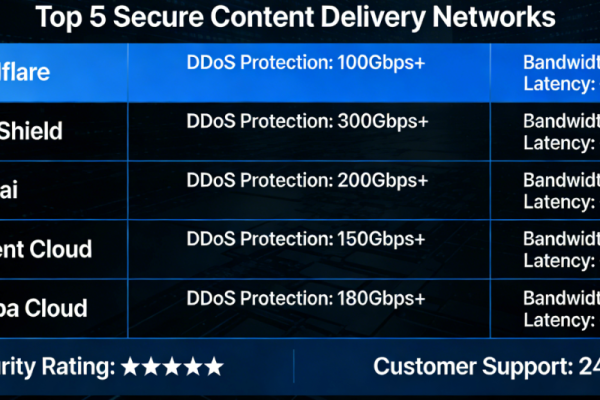
Hong Kong High-Defense CDN Recommendations (2026 Latest Edition)
Not all Hong Kong high-defense CDNs can withstand attacks. This article compares the protection stre...
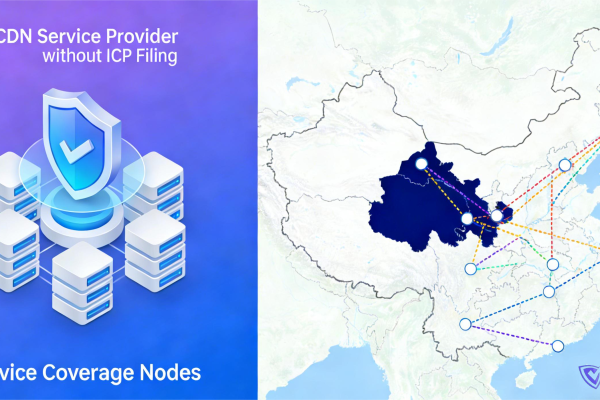
No-ICP CDN Recommendations | Which Ones Actually Speed Up Mainland China AND Can Withstand Attacks?
How to choose a no-ICP CDN? Based on real webmaster tests, this article compares multiple CDN provid...
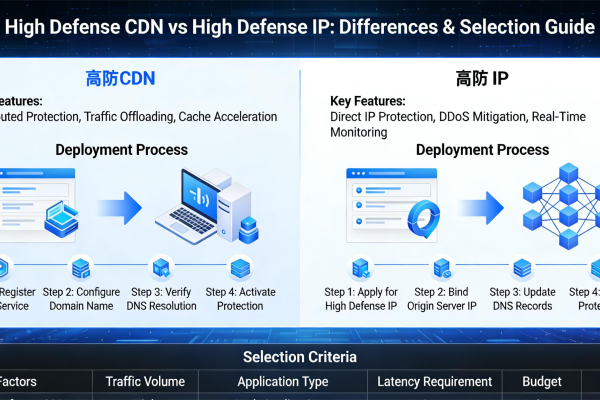
What's the Difference Between DDoS-Protected CDN and DDoS-Protected IP? A Clear Guide to Help You Choose.
What's the difference between a DDoS-protected CDN and a DDoS-protected IP? Which one should your we...
